Farm to Table: Knowing Where My Food Comes From
Thank you Perdue® for sponsoring this post.
As a health and wellness professional, I care about the welfare of animals that supply food for myself and my family.
Recently, I’ve taken more time to educate myself about these issues, and am passionate about giving you the information you need to make mindful choices when deciding where your food comes from for our family.
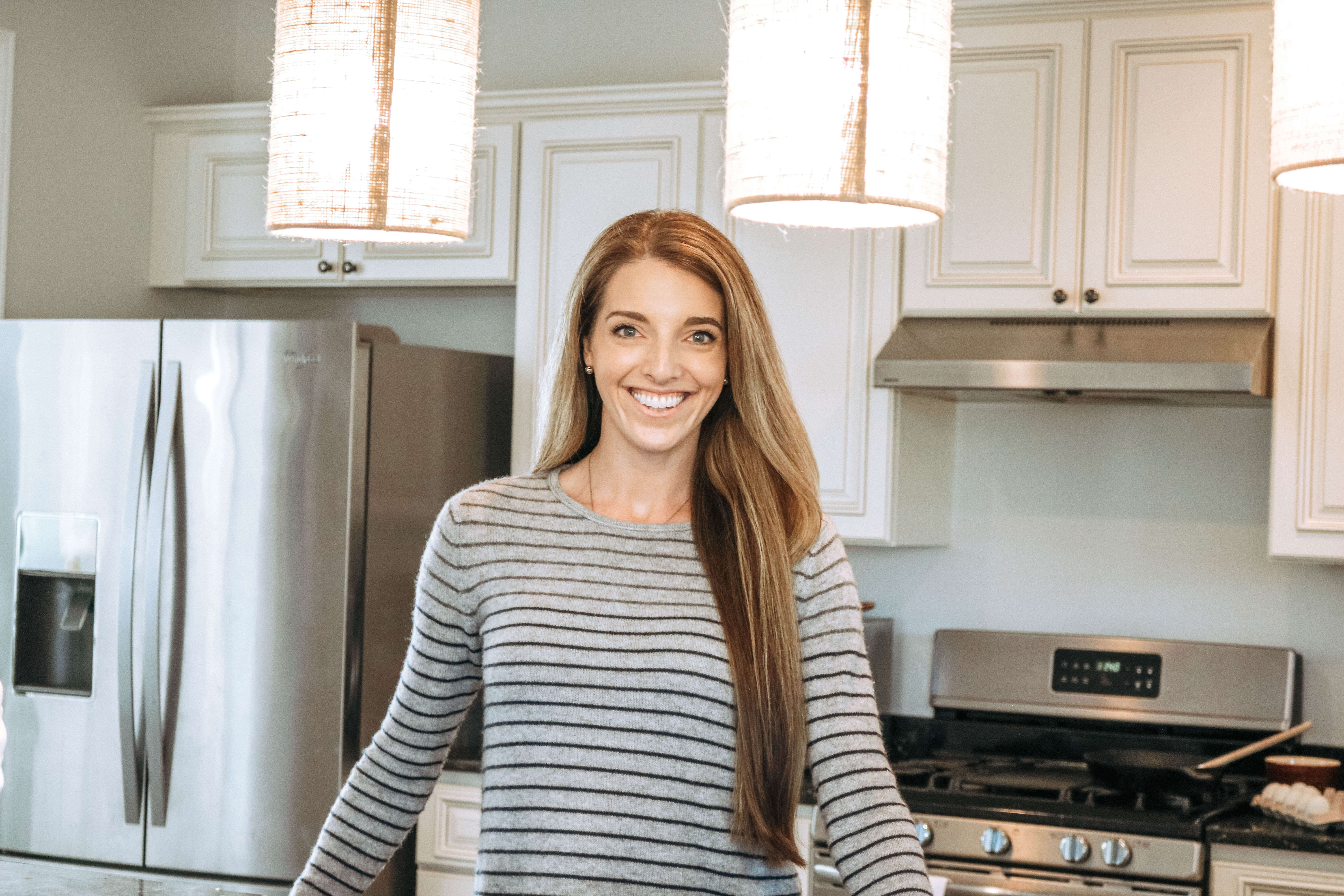
Food education is an opportunity for children to learn about where food comes from as well, since fewer children get first-hand experience with food sources than in days past. Years ago, children may have gotten to pick apples from the tree or ground, collect eggs from the hen house, or harvest beans off the plants.
Today, many children only experience food coming from a grocery store and have no idea what happens before that. What role do the farmers play? How are they caring for their crops and their animals? How are the companies that provide the food we are eating working to ensure they supply the highest quality food for ourselves and our families?
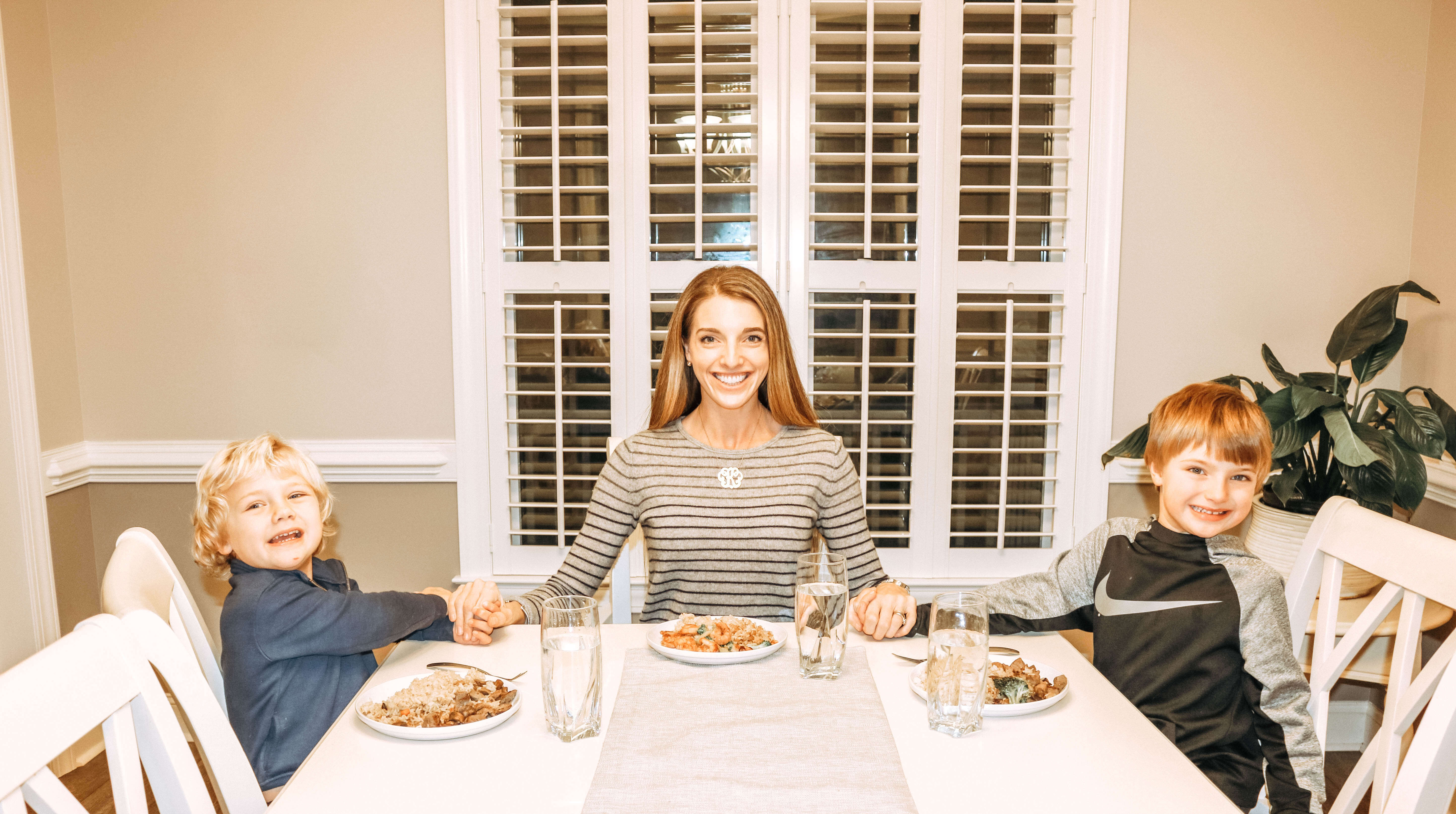
My family eats a lot of chicken, so this is one of the first places I started when learning about best practices for animal welfare and truly knowing where our food comes from.
Upon my research, I stumbled upon Perdue®, who hosted its 3rd Annual Animal Care Summit in Salisbury, MD on July 11 and 12. The idea behind this initiative was to bring together animal care experts and advocates, customers, farmers, and Perdue leadership for an open and transparent dialogue about advancements in animal care.
Perdue is truly working to be more forward-thinking in raising chickens for food and creating a set of best practices that consumers can feel good about.
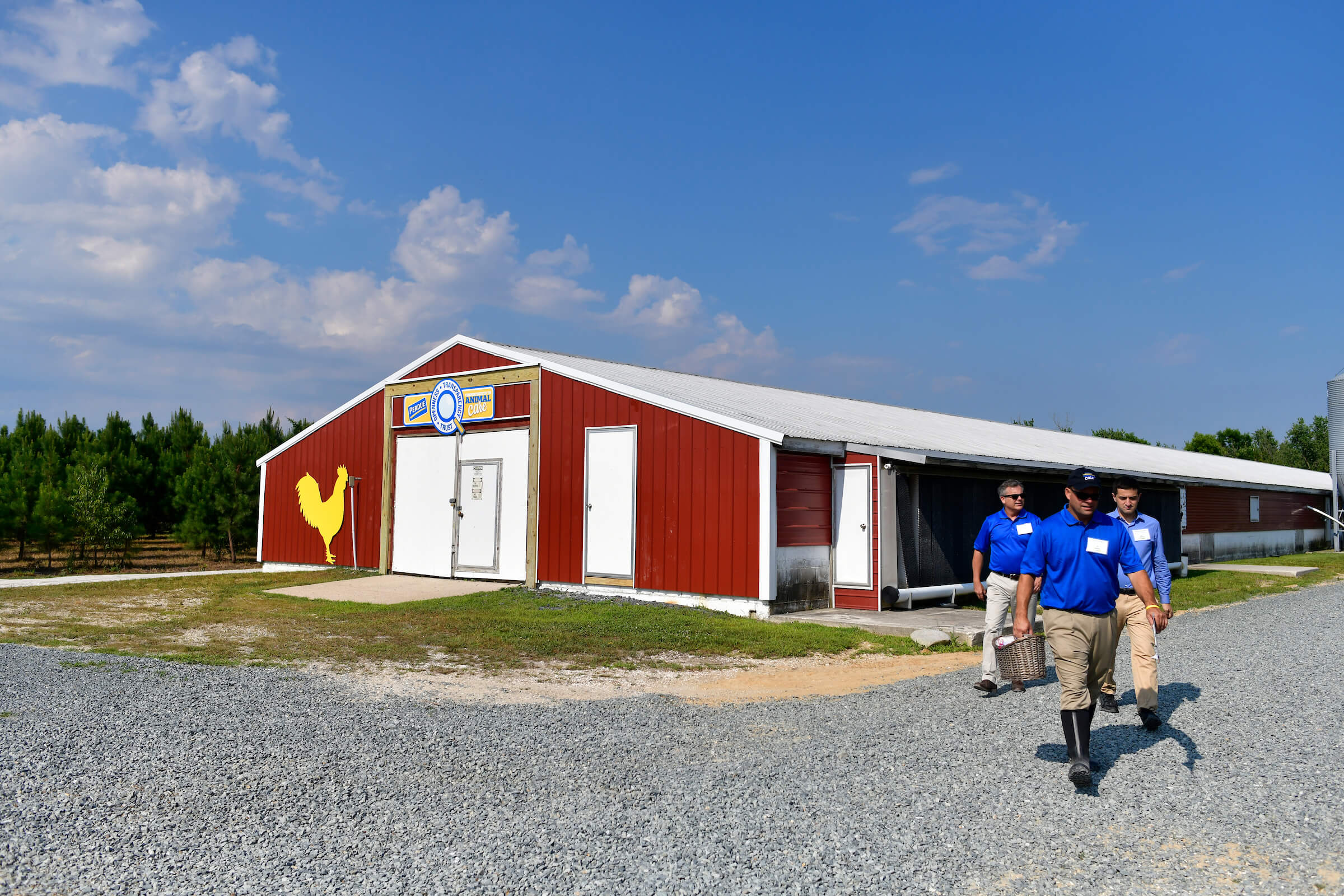
Perdue Research Farm on July 11 in Westover, MD where Perdue is studying ways to continue improving the care of their animals and develop industry-leading best practices.
CREDIT: Matt Roth
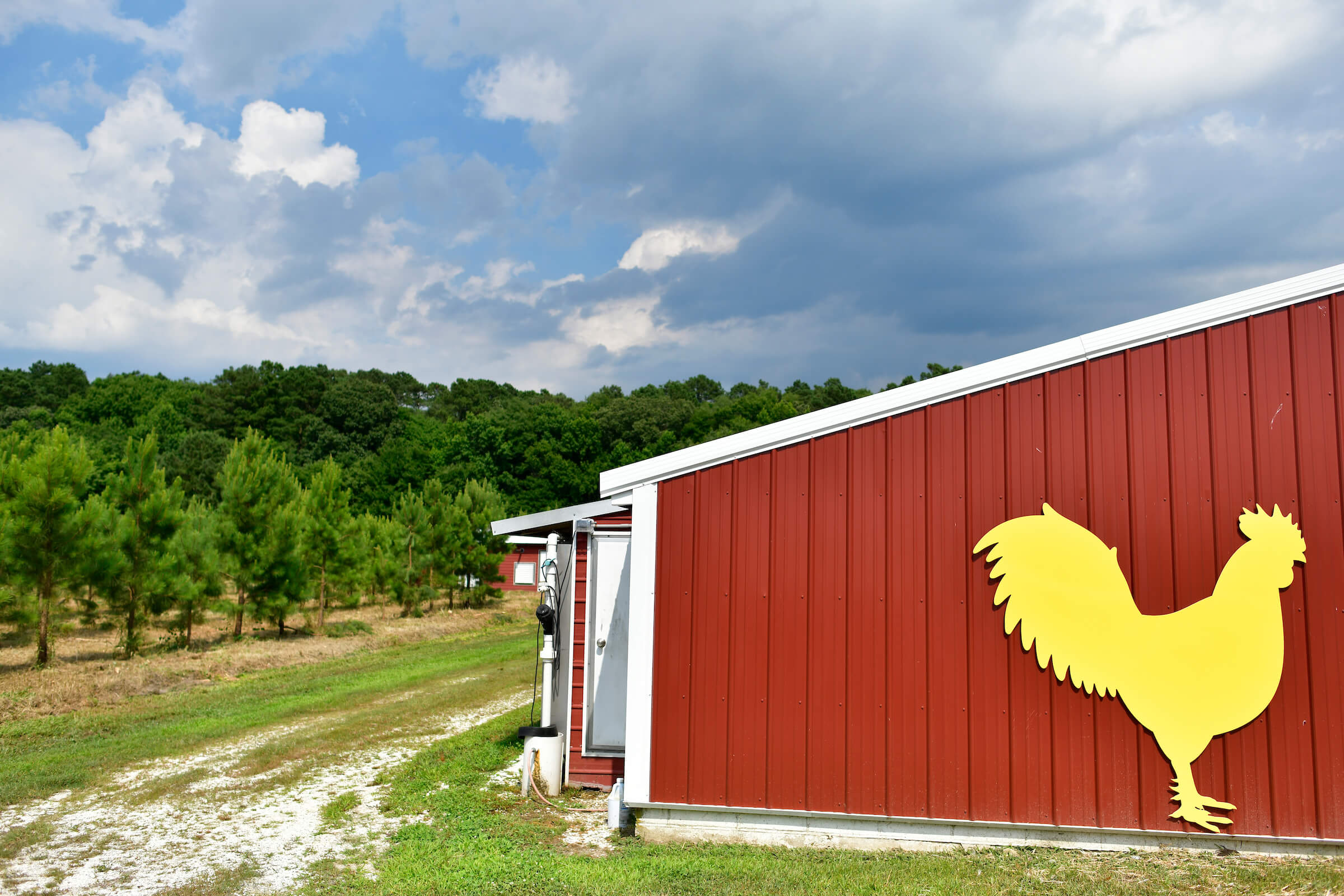
Perdue Research Farm on July 11 in Westover, MD where Perdue is studying ways to continue improving the care of their animals and develop industry-leading best practices.
CREDIT: Matt Roth
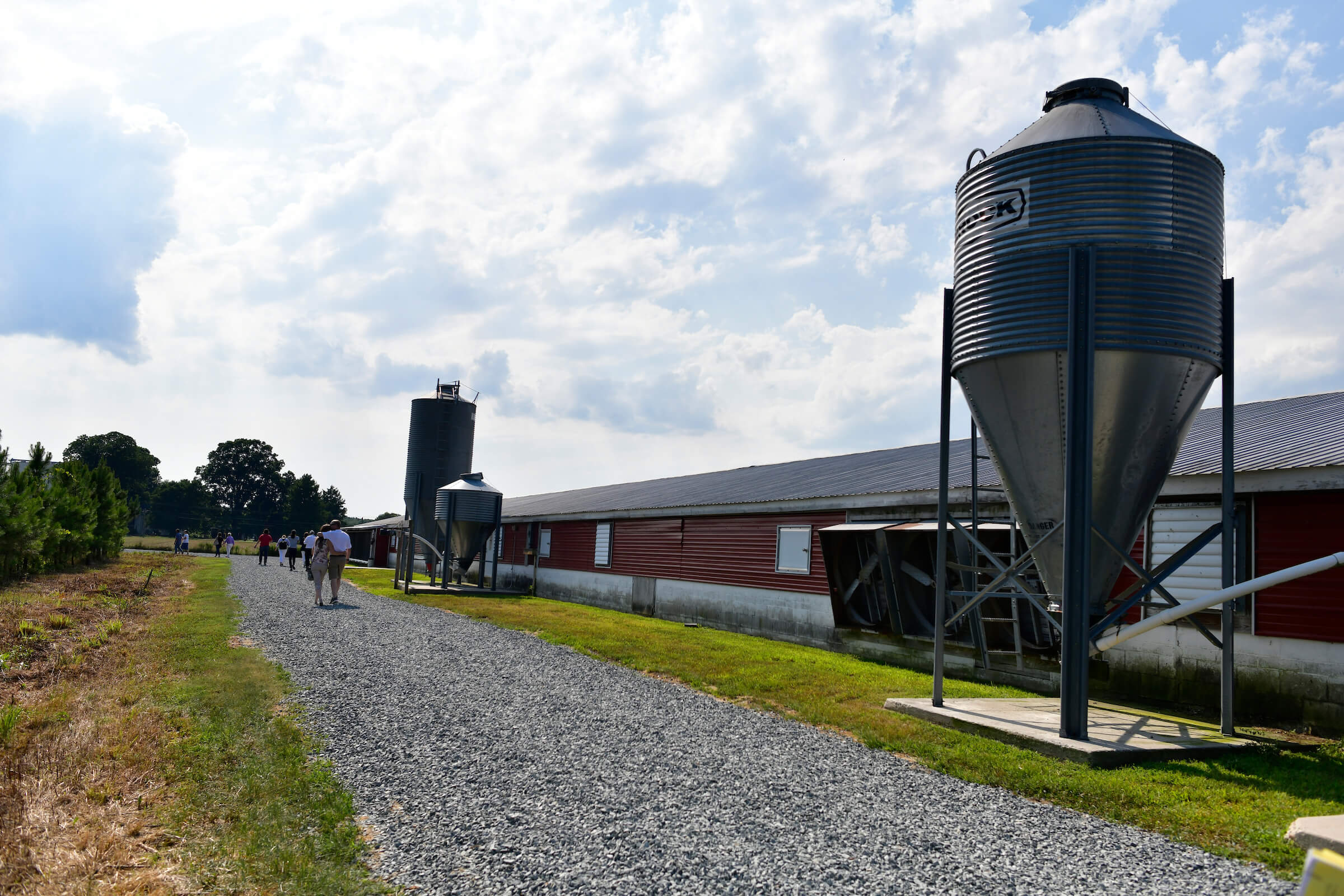
Perdue Research Farm on July 11 in Westover, MD where Perdue is studying ways to continue improving the care of their animals and develop industry-leading best practices.
CREDIT: Matt Roth
Perdue launched a plan to accelerate and better communicate its progress in animal care in 2016 and has been moving beyond the welfare measurements most commonly used in the U.S. poultry business – those associated with productivity – and started to consider what chickens want.
The plan consists of four parts and goes well beyond other major companies’ commitments to encompass not only the animals but the people who care for and handle them, as well as the stakeholders who have an interest in this area.
- Part 1: Our Chickens’ Needs and Wants
- Part 2: Farmer Relationships
- Part 3: Openness, Transparency and Trust
- Part 4: A Journey of Continuous Improvement
When you’re looking to make a mindful choice when feeding your family, here are a few factors to consider:

Farm to Table: Knowing Where My Food Comes From
GOING BEYOND BASIC NEEDS
In my opinion, it makes sense that chickens need more than food and water. Little extras add up to make a big difference in their lives. I appreciate that this brand is raising them to higher standards by giving them what they want and need, with forward-thinking initiatives like baby chick nutritional programs, adding natural light through windows in chicken houses, and guidelines for air and bedding quality. I also found it interesting to read through the five freedoms for animals.
CONNECTING WITH FAMILY FARMERS
I love that Perdue is committed to listening and communicating to the people who take care of their animals, and is building better relationships with them every day. They’re improving things for farmers and animals by connecting animal welfare to pay and incentives. I loved meeting a few of the family farmers to learn more.
BEING OPEN, TRANSPARENT AND TRUSTWORTHY
I respect any brand who is open to constructive criticism and who is committed to answer to it. I love that Perdue is responding to questions, sharing important information about animal welfare initiatives, and starting conversations with key animal care stakeholders.
The Perdue Poultry Care programs are audited by independent third parties like the USDA, and for some animals raised by Perdue, by the Global Animal Partnership.
BELIEVING IN CONTINUAL IMPROVEMENT
I still have so much to learn on this topic. And even though Perdue has had an active Animal Care Council for more than 15 years, they’re still learning new things every day.
When it comes to this issue of the welfare of animals that supply the food for myself and my family, I believe in continual improvement and the importance of taking time to educate myself about these issues.
I encourage you to continue to seek out the information you need to make mindful choices when deciding where your food comes from for your families as well.
I was selected for this opportunity as a member of CLEVER and the content and opinions expressed here are all my own.